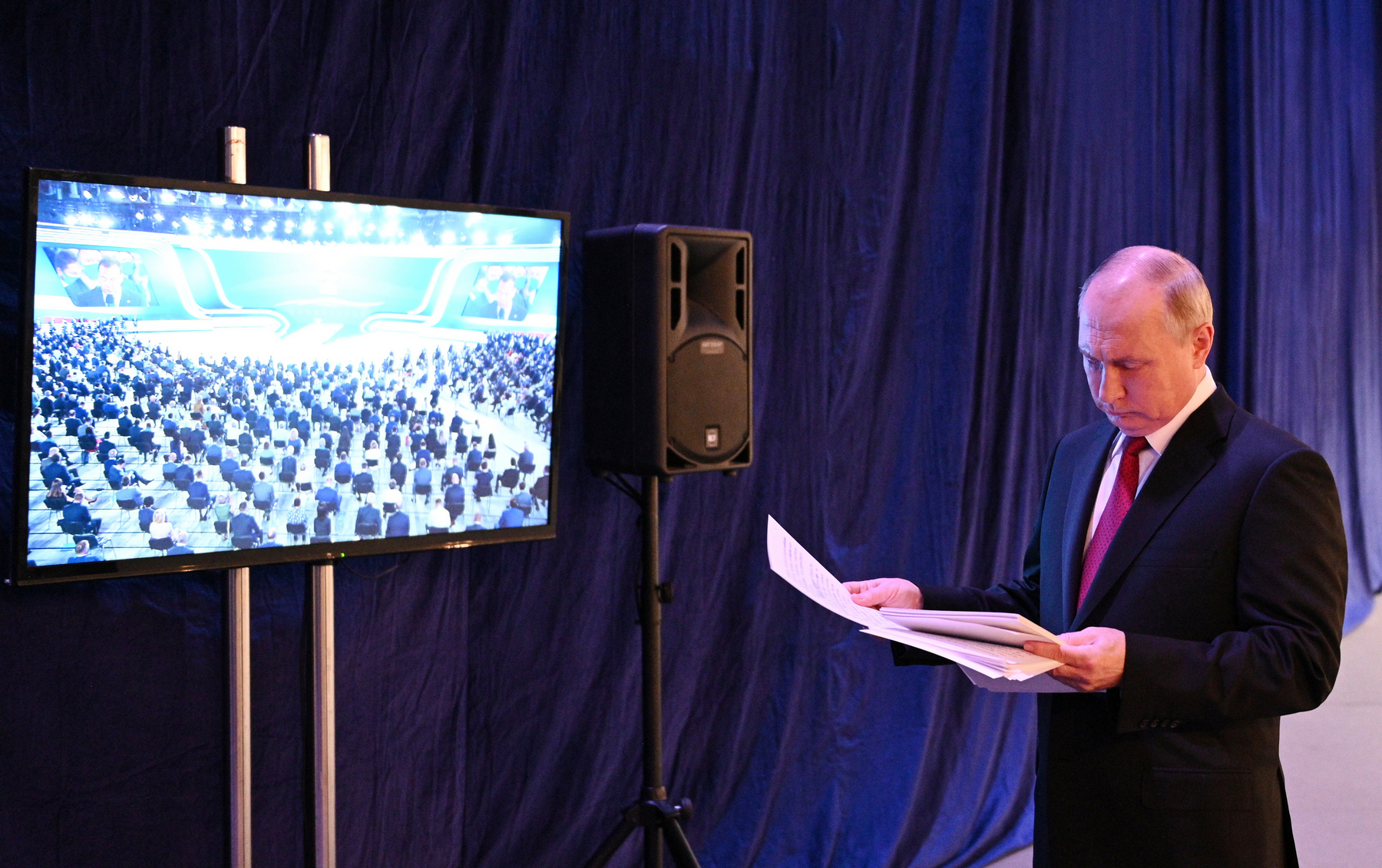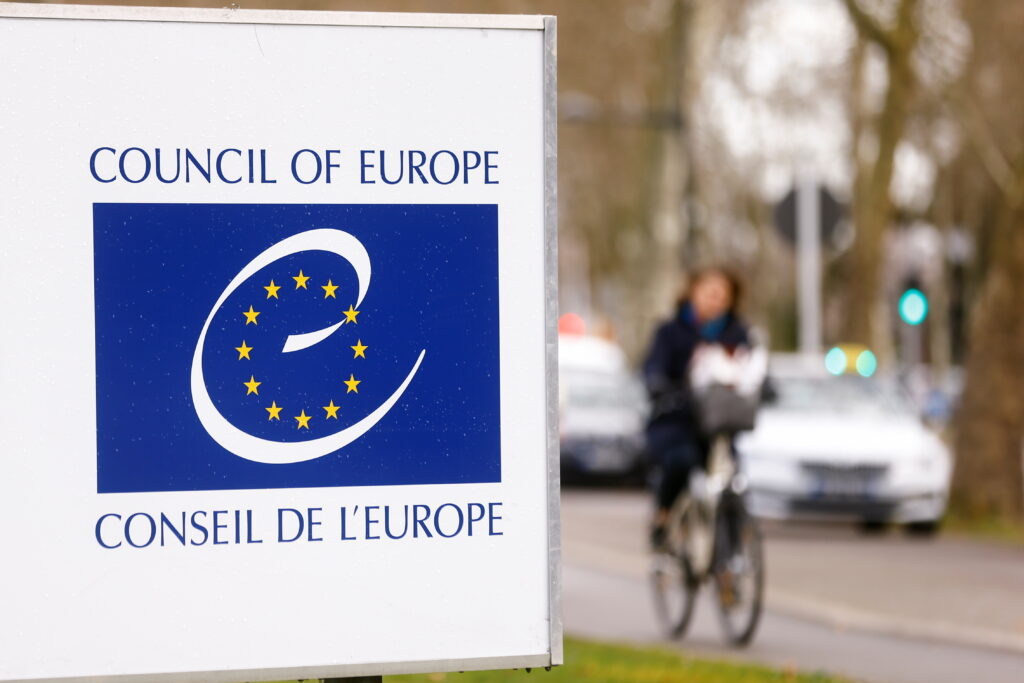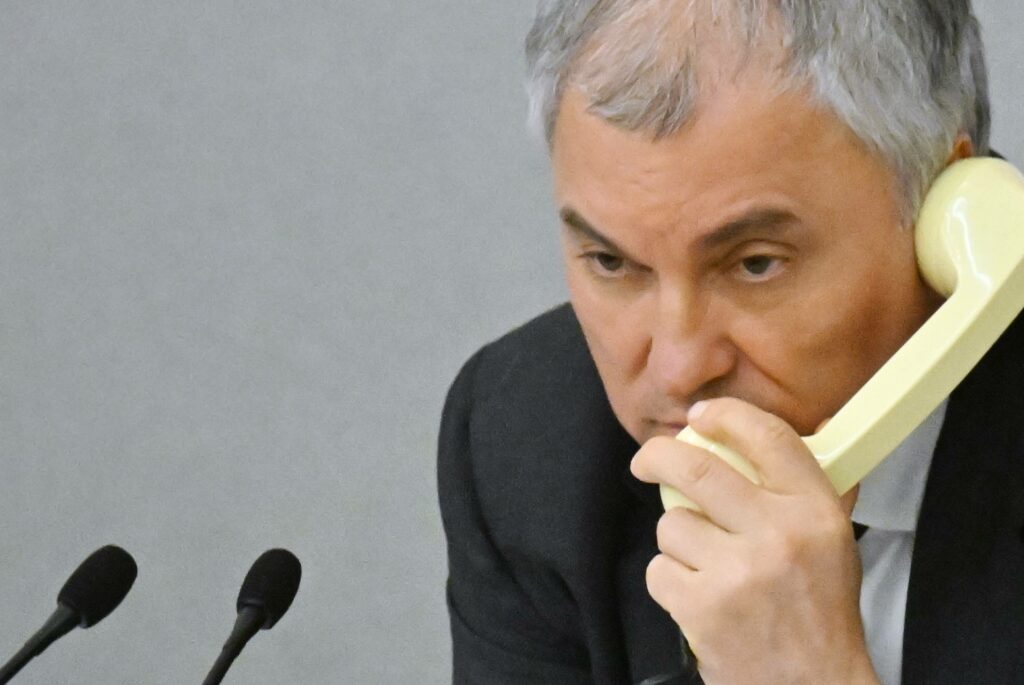In the early 1990s, two alternative visions of a new world order were articulated following the collapse of the communist regimes in Eastern Europe and the Soviet Union. One of these visions, heralded by Francis Fukuyama’s article ‘The End of History‘, was characterised by a high degree of optimism about the prospects for liberal democracy. The forecast formulated by Ken Jowitt in a series of his publications, including his book New World Disorder, was much less optimistic. As foreseen by Jowitt, it is the new world disorder that we are witnessing today, related to, among other things, the authoritarian regimes established in the post-communist countries as well as in many other parts of the world.
What are the prospects for this new authoritarianism, not only worldwide but also in individual countries, and in Russia in particular? Theoretically, it is possible to agree with Fukuyama that what is happening now is only an outlier on the road to democracy. But it is possible, elaborating on Jowitt’s thoughts dating back to the early 1990s, to consider the democratic wave of the 1970s-1990s as a deviation from the norm and to assess the current trend towards autocracy as a long-term tendency. The obvious subjectivity of such forecasts prompts us to turn to science for more accurate assessments. But scientific foresight has its limitations. The aim of this article is not so much to formulate the prospects of the authoritarian turn from a scientific point of view but rather to assess the potential of scientific forecasts.
Scientific knowledge in the social sciences develops along the lines of a research cycle: theoretical concepts, searching for their empirical referents, refining the concepts and, on this basis, empirical analysis serving as a tool for prospective evaluations and for further theoretical development. Let us follow this standard path of reasoning. Democracy and authoritarianism are political regimes — that is, models of the acquisition and loss of political power. In a liberal democracy, the model is based on the imperative will of the people — that is, on elections. Under authoritarianism, power is acquired and relinquished in several ways, which are responsible for the diversity of authoritarian regimes. The specificity of modern authoritarianism is that an unusually large number of autocracies are trying to emulate liberal democracies. Such regimes are called electoral (competitive) authoritarian regimes.
It is noteworthy that electoral authoritarianism is a very widespread, but not the only, form of modern autocracy. The regime that exists in the most powerful modern autocracy, China, is not electoral in any sense. In many countries, elections are non-partisan and serve mainly as a way of distributing positions within a narrow ruling class. However, full-fledged electoral authoritarianism can only exist when elections are conducted on a multi-party, quasi-competitive basis. The criterion of sustainability — that is, the regime’s ability to maintain such a model for a long time or, to be more precise, for several electoral cycles — should also be considered.
In my recent book Authoritarian Party Systems, which is currently in the publishing process, I empirically identified 57 regimes which, at certain points in time over a long period (1945−2019), fully met these rather strict criteria. Since in this article, I focus only on the prospects for the survival and transformation of such regimes, it makes sense to dwell on those that have already ceased to exist. Such regimes account for more than half, or 37 out of 57. Analysis has shown that even stable electoral authoritarian regimes are not very durable. Their average ‘life expectancy’ is just over 20 years. But there was also a group that survived a long time, surpassing the 50-year mark.
The most common reason for the collapse of electoral authoritarianism is a military coup: 14 regimes ended in this way, and only in three of these cases was the anti-government actions by the army and/or other security agencies accompanied or provoked by mass protests. Mass protests themselves, whether peaceful or violent, including those that resulted in full-blown revolutions and civil wars, brought seven regimes to an end.
In 13 cases, political changes were implemented by the ruling elites themselves or with the involvement of the legal opposition. This figure includes so-called pact-based transitions, once seen as the most desirable means of rejecting authoritarianism. However, it was much more common for democratisation from above to be undertaken in small and/or economically weakened countries under strong pressures from the outside rather than from within. Direct foreign intervention has put an end to only one regime. In many cases, the changes from above did not lead to democracy at all, ending up with the establishment of new forms of authoritarianism. The two remaining cases are of purely historical significance.
Thus, we can tentatively conclude that the fate of electoral authoritarian regimes is largely determined by the decisions of their ruling elites, and in particular the security forces, with a military coup being the primary means of change. Why is this conclusion tentative? First of all, because it does not take into account the characteristics of individual types of authoritarian regimes and therefore needs to be conceptually clarified.
Four varieties of modern authoritarian regimes can be distinguished, namely monarchy (of course, we are talking about a monarchy where the crowned ruler has real, rather than symbolic, power), military regime, party-based regime and personal (personalist) dictatorship. For none of these regimes is the electoral component mandatory. These regimes have their own ways of acquiring and losing power: transferring it within the family of the hereditary ruler; within a ruling group of military commanders, that is, a junta; along party lines; or within the circle of the dictator’s confidants. These modes can be regulated by formal institutions, as in monarchical and party regimes, or be predominantly informal, as in military regimes and personal dictatorships.
Naturally, elections play a secondary and irrelevant role in authoritarianism. Both on theoretical grounds and based on empirical evidence, one can conclude that electoral authoritarian regimes do not cease to exist as a result of the expression of people’s will at the polls. At best, elections may serve as a relatively convenient and safe way to relinquish power for a ruling group that has already been defeated in very different political battles. Autocracies hold elections, in fact, precisely because they are useful for autocrats. But it is also true that, for any authoritarian regime, elections are a moment of turbulence, a kind of manageable political crisis. And because governability has its limitations, such moments are fraught with risk. Usually autocracies easily manage such risks by relying on the political mechanisms that underpin them. The origin of an authoritarian regime leaves an imprint on its subsequent history.
The problem which makes it particularly difficult to understand the prospects of the contemporary Russian regime is precisely that, as a personalist dictatorship, it is electoral not only in the secondary characteristics of its functioning but also in its origins. Of the 57 cases of sustained electoral authoritarianism identified in my book, apart from contemporary Russia, only the regimes that existed until recently in Armenia and, in the 1970s and 1980s, in Guyana, can be placed in this category. Both regimes ended in transitions to democracy, in the first case as a result of mass protests triggered by rigged elections, and in the second case as a result of democratisation from above, largely due to the demise of the dictator combined with strong external pressure. Such outcomes, as well as the relative fragility of these regimes, can make one optimistic about the prospects for democratisation in Russia.
Unfortunately, a conservative (i.e. based on available observations) prediction of this kind does not seem convincing due to the enormous specificity of these cases. Without going into detail, we can reduce this specificity to one basic factor: the degree of personalisation of power. Both pre-revolutionary Armenia and authoritarian Guyana did not match Russia in this respect. Guyana’s regime was predominantly party-based, with the ruling party having a serious organizational history and deep social roots. And even under these conditions, the choice to democratise was made only after the dictator had left the scene for natural reasons.
In Armenia, the autocrat was in power for a relatively short period and had to reckon both with his predecessor, who voluntarily ceded power at the end of his constitutional term, and with other political forces, whose activities were subject to only relatively mild restrictions by the standards of global authoritarianism. Nor was the autocrat’s control over the security forces, which enjoyed considerable autonomy because of their origins in the Karabakh conflict, undivided.
The case of Russia is totally different. Vladimir Putin is in good health and seems physically well capable of making full use of his two further presidential terms granted under the 2020 constitutional amendments. The Russian uniformed services are under the full control of the political authorities. Control mechanisms have been in place since Soviet times and have been markedly reinforced under Putin. Recent events in Belarus suggest that in a similar crisis, the authorities can fully rely on them. But the very possibility of civil unrest in Russia is highly improbable, as the repressive practices of the authorities have made civic activity and participation in any protests extremely unsafe. Russia’s business class is deeply integrated with its ruling class and is controlled by the authorities to a degree that largely precludes autonomous political action. International sanctions are painful but are incapable of making the authorities relinquish power.
At the same time, the Russian authorities are fully aware of the risks that the electoral process entails for the regime and are making tremendous efforts to offset these risks. The forthcoming parliamentary election will take place under conditions which completely rule out the participation of independent politicians. Their political organisations have been dismantled, and even as individuals these politicians are massively disenfranchised or under threat of disenfranchisement. The voter mobilisation and vote tabulation mechanisms tested for nearly two decades, including during the 2020 voting on constitutional reform, ensure that the composition of parliament is almost entirely unrelated to the will of the people.
Thus, the current situation in Russia provides grounds for a pessimistic conservative prognosis. The usual factors contributing to the collapse of electoral authoritarianism are absent. The possible theoretical prognosis, however, is not unambiguous. If elections are to be held at all, all authoritarian regimes try to give them the appearance of certain plausibility in the eyes of the ruling class, the population and the international community. Otherwise, elections would simply be useless. However, most authoritarian regimes perceive elections as absolutely insignificant, and therefore, as the experience of countries like Syria shows, turning them into a complete fiction does not do much harm to the authorities.
In Russia, the basic institutions for maintaining power are so weak and informal that without credible elections, politics becomes a game without rules, a realm of utter arbitrariness. And in a game without rules, as we know, any outcome is possible. To put it more precisely, we may say that, in such a game, any participant may constitute a threat which the leading player can neither foresee nor prevent. It is therefore theoretically possible that, by turning elections into a complete farce, Russian-like regimes undermine the fundamentals of their own existence, and the minimisation of current risks turns into the possibility of collapse in the foreseeable future.
The problem with the scientific forecast of such prospects is that we cannot identify the mechanisms of change by deducing them from the available body of observations. As scientists, we can only assess the range of possibilities, but we cannot measure the relative likelihood of particular developments. And this is bad news not only for understanding the prospects of the Russian regime but also from the perspective of the wider, global context. It is fairly clear that, in the foreseeable future, the trend towards autocracy, if it continues to gain momentum, will lead to the emergence of new post-democracies. If so, the Russian experience will serve as an important means for understanding the dynamics of authoritarianism in the contemporary world. At the moment, however, the significance of this experience is not clear. Sadly, in the words of the famous 19th century thinker Pyotr Chaadayev, Russia is once again about to ‘teach some great lesson to distant descendants who will understand it’. One can only hope that the descendants will not be too distant and the lesson will not be too painful.









